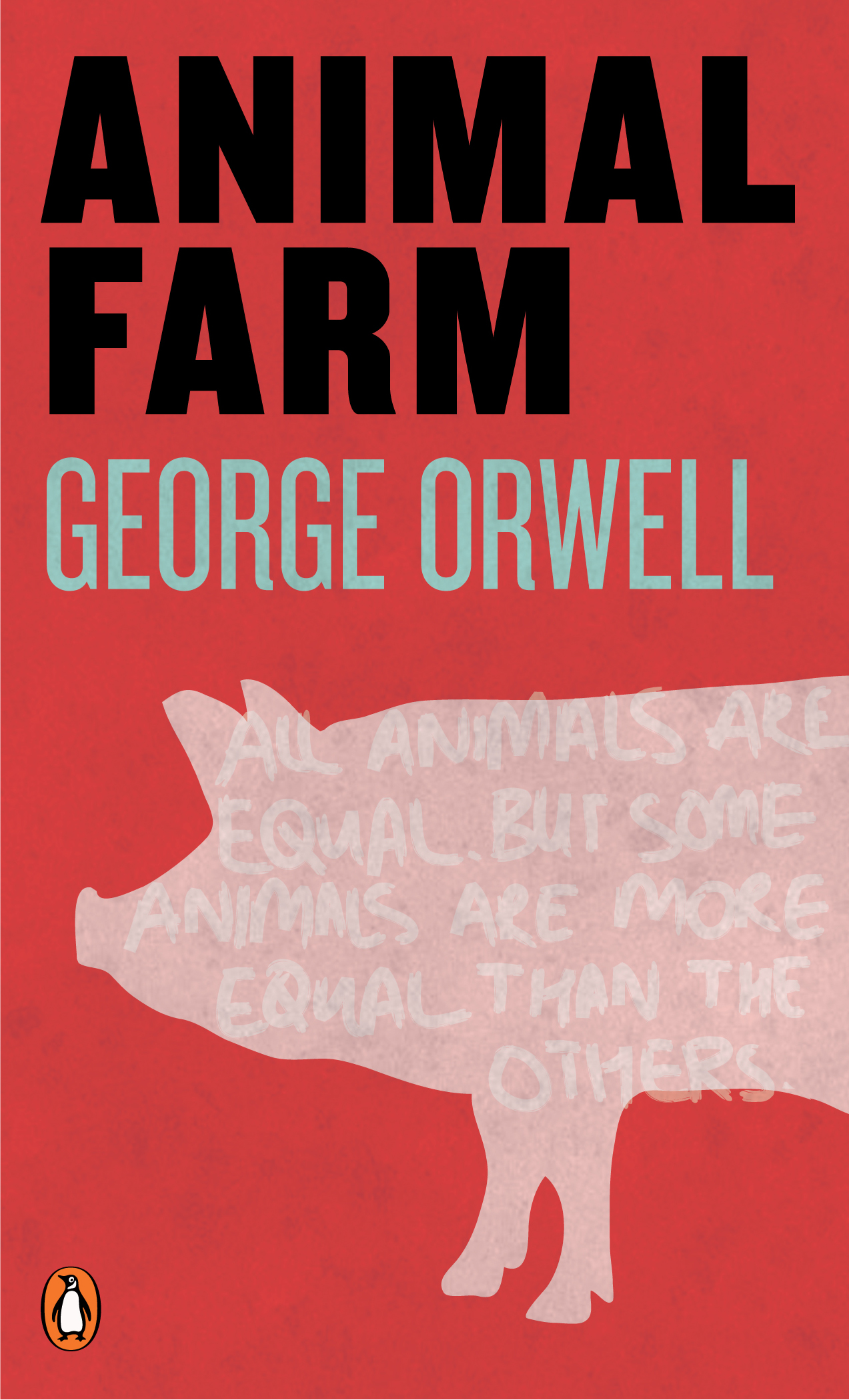Have you ever dreamt of a perfect world without hunger, pain, inequalities, poverty, diseases, pollution, and all of the other critical problems?
If yes, you are not alone. I always have been dreaming about that so-called “Utopia” where the greatest dreams of humanity are achieved. However, that perfect world turns out to be an evil illusion that lures revolutionaries and great political leaders to establish a society that enslaves their very own citizens in the set of beliefs and ideologies that they believe would create the ultimate perfect society.
This is the reason why many people believe that Utopia is an ideal that is an inherent/ a natural contradiction.
Every reward comes with a price. If you want to create that perfect world, what are you willing to sacrifice? And when you put the Utopia and its cost on a scale, which one is heavier? Then, would you still think Utopia is the best world possible?
In Animal Farm, the classic political allegory written by the famous British author, George Orwell, this idea of political Utopia is being deliberated through a simple satire of an animal group. By using symbolism, George Orwell shows the thought-provoking consequences of political revolutions and totalitarianism.

Animal Farm mainly represents the history of the Russian Revolution, but it also serves as a reminder of human nature’s tyranny and hypocrisy. Through his stories, Orwell condemned how revolutionaries usually turn out to be inferior to those they overthrew and turn out to be hypocrites who practice the very ideologies the revolutions oppose in the first place.
Given its genre as a political allegory, a strong/an influential use of symbolism can be seen throughout this novel.
Character Symbolism:
First of all, the characters symbolize the leaders of the Russian Revolution including Joseph Stalin (represented by Napoleon), Leon Trotsky (represented by Snowball) and the visionaries who inspire the ideologies of communism which promise to bring equality and justice to the people, Karl Marx and Vladimir Lenin (represented by Old Major), and the working people of Russia (represented by other animals on the farm).
Plot Symbolism:
Many of the plots also represent the events that took place in the real revolution. For example, in Chapter 4, how the other neighboring farms, which are known to symbolize the European countries, are frightened of the Revolution of the Animal Farm. This is known to be the “Red Terror” that took place soon after the Russian Revolution. Other plots include the expulsion of Snowball, which resembles the Assassination of Leon Trotsky by Joseph Stalin, represented by Napoleon, in a ruthless machination to seize power.
Other General Symbolism:

The revolution wanted to abolish any form of inequality and sought to modernize its society with a unifying force of the population. However, these symbols in the story criticize this very core ideology of most revolutionists.
Take the windmill for example; its literal purpose is to bring a more modern power source that will modernize the farm. It promises a better life, with hot water, endless electricity, fewer work hours and more benefits to the animals.

However, if we look into its symbolism, the windmill represents an impossible dream of utopia which is impossible to achieve and comes with a greater cost than the ultimate result. As the animals work so hard like slaves and their lives are getting more painful to build the windmill, it has repeatedly fallen, just like their dreams of a better world. Not only has it fallen, but eventually workers, like Boxer, who are too blind to see their sacrifices for such an impossible dream lost their lives working too hard.
Morals of the Story:
This tragic story of Animal Farm tells the dystopian history of many revolutions we have seen. It should guide us away from those dark paths we have chosen in the past and walk more towards what will take us to a compromised greater good of society.
Beware of the choices you make, and educate yourself of the facts to avoid falling into traps. As seen in the story, the people who are most vulnerable to manipulation are those who are uneducated and forget their very own history. Distinguish what are facts and what is propaganda.
Most important of all, humanity must value individuality, identity and encourage the freedom of speech from everyone. We must speak and listen. No one should be suppressed of their thoughts and no one should have their fundamental human rights taken away.
If we want a utopia, it is only possible if we define that world by ourselves and if we value other people’s definitions as well.
Resource: Somers, Jeffrey. “‘Animal Farm’ Overview.” ThoughtCo, Feb. 11, 2020, thoughtco.com/animal-farm-study-guide-4588320.

